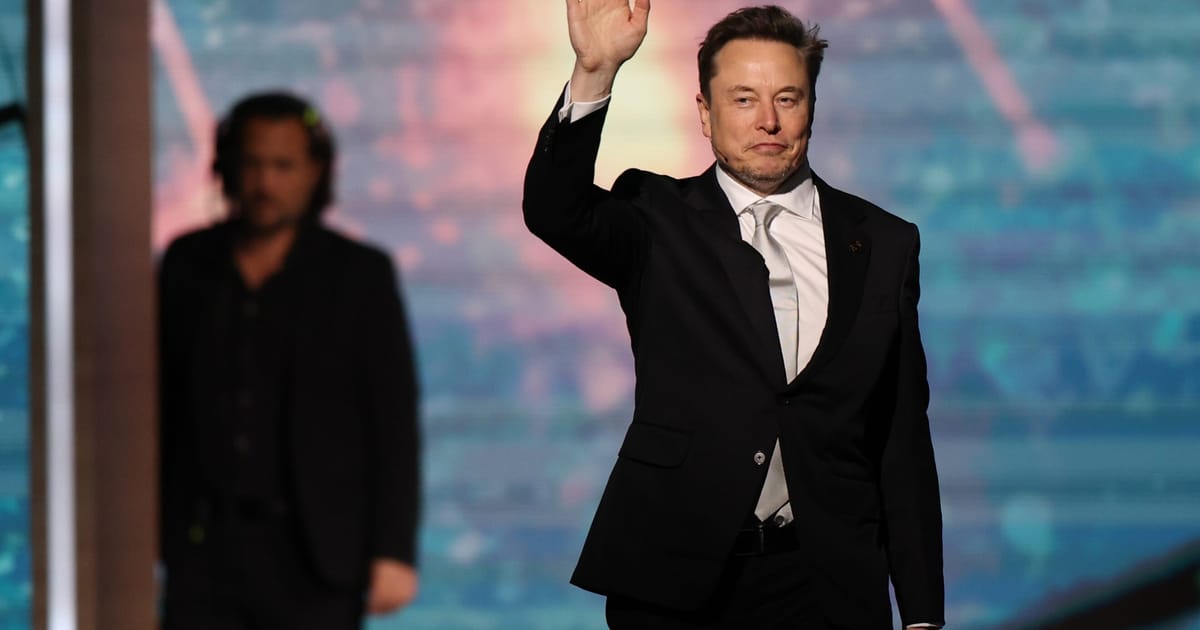Though the prosecutor’s office said it has not received an official response from X, the platform said in its statement it had refused the demand for access to its data and algorithm due to its concerns over the impartiality of both the experts and the investigation.
“Based on what we know so far, X believes that this investigation is distorting French law in order to serve a political agenda and, ultimately, restrict free speech,” the company said. “For these reasons, X has not acceded to the French authorities’ demands, as we have a legal right to do. This is not a decision that X takes lightly. However, in this case, the facts speak for themselves.”
Chavalarias launched a campaign to encourage users to leave the platform, in protest at its change of direction after Musk took over. X alleged that Panahi had expressed “open hostility” to the platform — an accusation the researcher strongly denied in an email to POLITICO.
“I wish to clarify that I am in no way an expert in the criminal case you are referring to and have never participated in any of the projects mentioned. My name was cited in error, based on my previous research projects with David Chavalarias, none of which were ever hostile towards X,” Panahi said.
Panahi said he has not worked on social media research since Twitter became X three years ago, at which point he and Chavalarias lost their access to research data.
“For the past three years, I have been focusing exclusively on artificial intelligence and the development of open-source large language models.”
POLITICO has reached out to Chavalarias and X for further comment.
This story has been updated.

